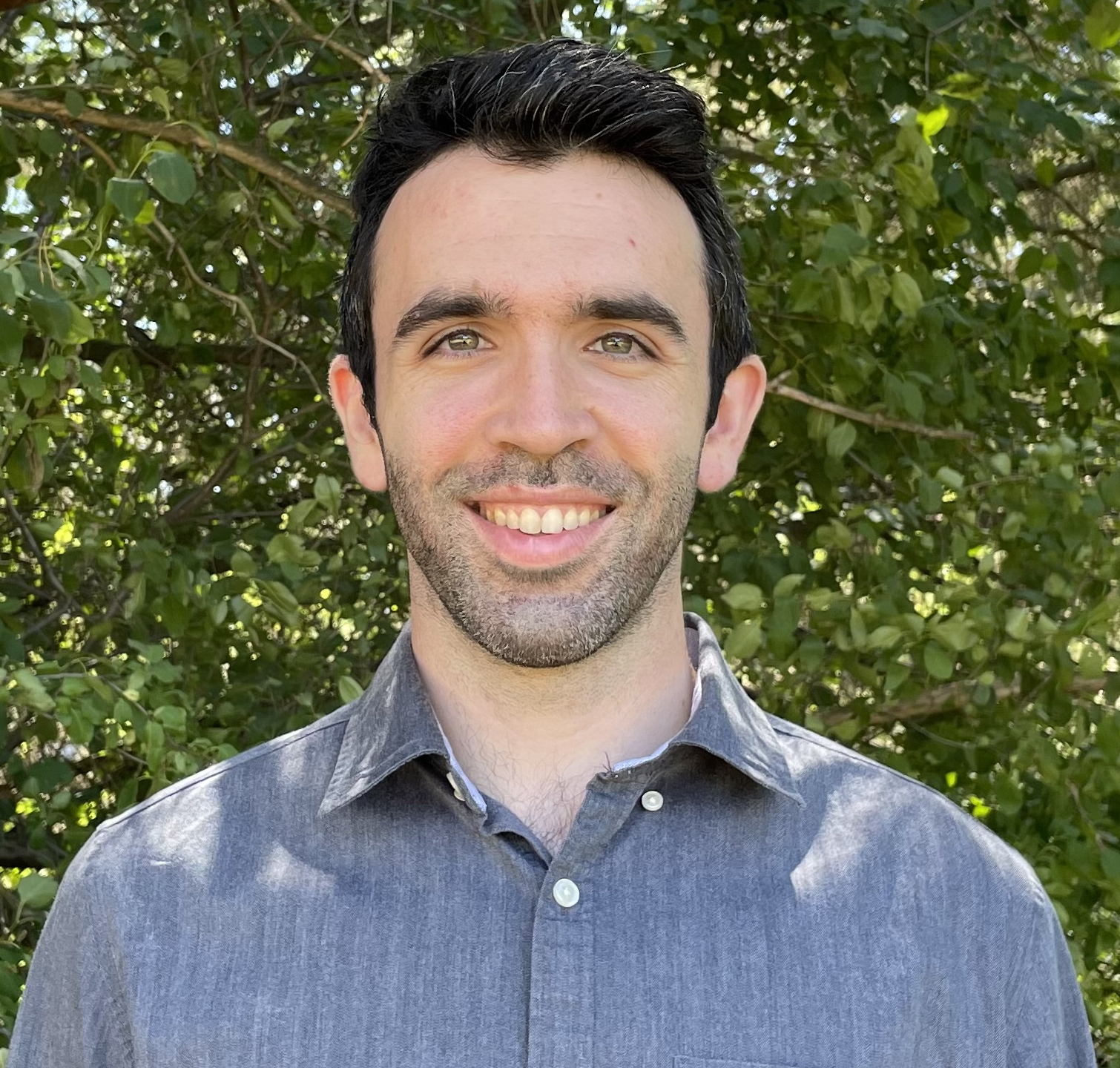Michael Fisher

Department of Electrical and Computer Engineering
University of Waterloo
Office: EIT 3112
Address: 200 University Av. W., Waterloo, ON N2L 5G7
Email: michael.fisher@uwaterloo.ca
Phone: +1 (519)-888-4567 x31216
I am an Assistant Professor in the department of Electrical and Computer Engineering at the University of Waterloo. A brief biography, my Curriculum Vitae and my profile on Google Scholar. I am always looking to hire students with strong mathematical skills and interest in systems and control.
Research Interests
My research interests are centered around dynamics, optimization, and control of complex, cyber-physical systems.
Recent topics of interest include:
- heterogeneous ensemble control
- optimal and distributed control
- nonlinear and nonsmooth stability analysis
- linear control to improve nonlinear robustness
Further details about my research and the Dynamics, Optimization, and Control of Complex Systems (DOCS) Group.
Recent News
-
2024: Zhong presented our paper on a new optimal control design method at the IEEE Conference on Decision and Control in Milan.
-
2024: The preprints for our papers on nonlinear stability analysis of parameterized systems are now available here and here.
-
2024: Our paper introducing a new Hardy space approximation for control design was accepted for publication in IEEE Transactions on Automatic Control.
Brief Biography
Michael W. Fisher joined the University of Waterloo in 2022, where he leads the Dynamics, Optimization, and Control of Complex Systems (DOCS) Group. Previously, he was a postdoctoral researcher with the Automatic Control Laboratory and the Power System Laboratory at ETH Zurich from 2020-2022. He received his Ph.D. in Electrical Engineering: Systems at the University of Michigan, Ann Arbor in 2020, and a M.Sc. in Mathematics from the same institution in 2017. He received his B.A. in Mathematics and Physics from Swarthmore College in 2014. He was a finalist for the 2017 Conference on Decision and Control (CDC) Best Student Paper Award and a recipient of the 2019 CDC Outstanding Student Paper Award.